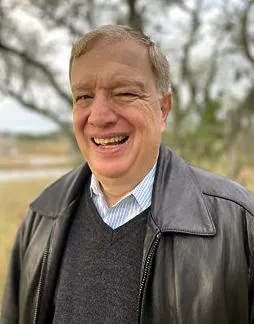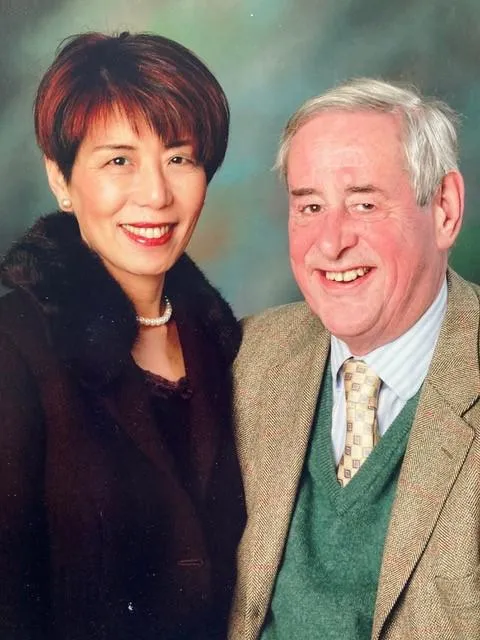I first met Saki and Mike when they visited Harvard University in the late 1980s. From the very beginning I greatly enjoyed our conversations and collaborations, as our common interests in postwar US foreign policy found us at many of the same conferences and academic meetings. I did not see Saki as often in the years before her death, but wrote to tell her how moved I was by her Christian baptism and decision to join the Church of England. Her untimely death deprived our academic community of a thoughtful and highly productive scholar as well as a true gem of a human being, and I can only imagine how hard it was for Mike to continue without her. I am incredibly honored to deliver a lecture named after these two distinguished scholars.
Please note: this event has passed
Chair: Professor Niall Barr, Head of Defence Studies Department and Dean of Academic Studies
Speaker: Professor Thomas Schwartz, Distinguished Professor of History at Vanderbilt University
Henry Kissinger was one of the most powerful and influential American diplomats of the 20th century. His name remains associated with some of the most important American foreign issues of the era, including relations with the Soviet Union, the opening to China, the end of the war in Vietnam, and the beginnings of peace in the Middle East. However, the lessons of Henry Kissinger remain hotly contested within American public life, and this talk will explore the controversial issues surrounding his legacy.
This event will be held in the Great Hall, Strand Building and will also be available online, please register via Eventbrite for either a physical attendance or virtual ticket.
Bio

Thomas A Schwartz is the Distinguished Professor of History and Professor of Political Science and European Studies at Vanderbilt University. Educated at Columbia, Oxford and Harvard Universities, he is the author of the books Henry Kissinger and American Power: A Political Biography (2020).,Lyndon Johnson and Europe: In the Shadow of Vietnam(2003), and America’s Germany: John J. McCloy and the Federal Republic of Germany (1991). Along with Matthias Schulz, he produced the edited volume, The Strained Alliance: US-European Relations in the 1970s, (2009).
He has received fellowships from the German Historical Institute, the Norwegian Nobel Institute, the Woodrow Wilson Center, and the Social Science Research Center. He served on the Historical Advisory Committee of the Department of State and was the President of the Society of Historians of American Foreign Relations. While teaching at Vanderbilt, he has received the Madison Sarratt Teaching prize (2013) and the Alumni Education Award (2008).
This lecture is held annually in memory of Professor's Saki and Michael Dockrill, both esteemed Alumni of the Department of War Studies.

Professor Saki Dockrill
This lecture is given annually in memory of Professor Saki Ruth Dockrill, who first came to the Department of War Studies in 1983 as a research student supervised by successive Heads of Department, Wolf Mendl and Lawrence Freedman. She went to Yale University as a John M. Olin Fellow in 1988-89 before returning to the Department as a MacArthur Fellow and then in 1992 as a lecturer in war studies; promotion to senior lecturer followed in 1997 and then appointment to a personal chair as Professor of Contemporary History and International Security in 2003. Professor Dockrill was a leading international historian, with four substantial, well researched books to her credit and five edited or co-edited. One of her best books was a study of the defence policy of Harold Wilson's two Labour Governments, 1964-70, and she made a notable contribution to the revival of Wilson's reputation as Prime Minister that had begun in the early 1990s.
Professor Mike Dockrill
Professor Mike Dockrill joined the Department in 1971 and remained until his retirement in 2001. He was one of only a handful of staff who sustained the Department for the better part of two decades. In the early 1980s, he met Saki Kimura, a postgraduate student in the War Studies Department, who had her own keen interest in post war European history. Saki went on to make her name as a leading international historian. Both were at the heart of departmental life and did much to promote the study of international history and foreign policy in the department. They inspired a generation of students with their deep knowledge of 20th-century international history and with genial good humour.
